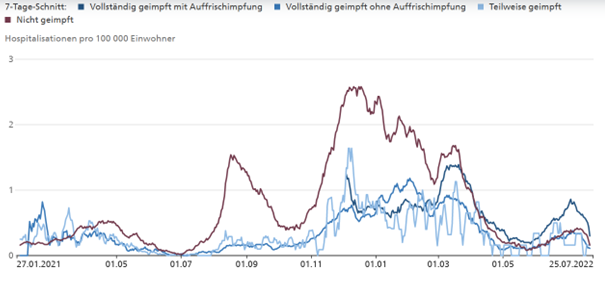Wearing masks is harmful to health – a new meta-analysis of a total of 37 studies proves this
Just in time for Christmas, the working group led by Kai Kisielinski and Andreas Sönnichsen has made a meta-analysis available on the preprint server Research Square [1] that clearly proves that mask-wearing has harmful health effects. You should take this into account, dear judges, dear members of governments, regulatory authorities, school administrators, responsible persons at the railways, if you continue to make the wearing of masks compulsory. Because you make yourself liable to prosecution for bodily harm. The meta-analysis shows: in all studied parameters, which are physiological indicators of health exposure, the wearing of face masks leads to relatively large, significant and harmful effects.





